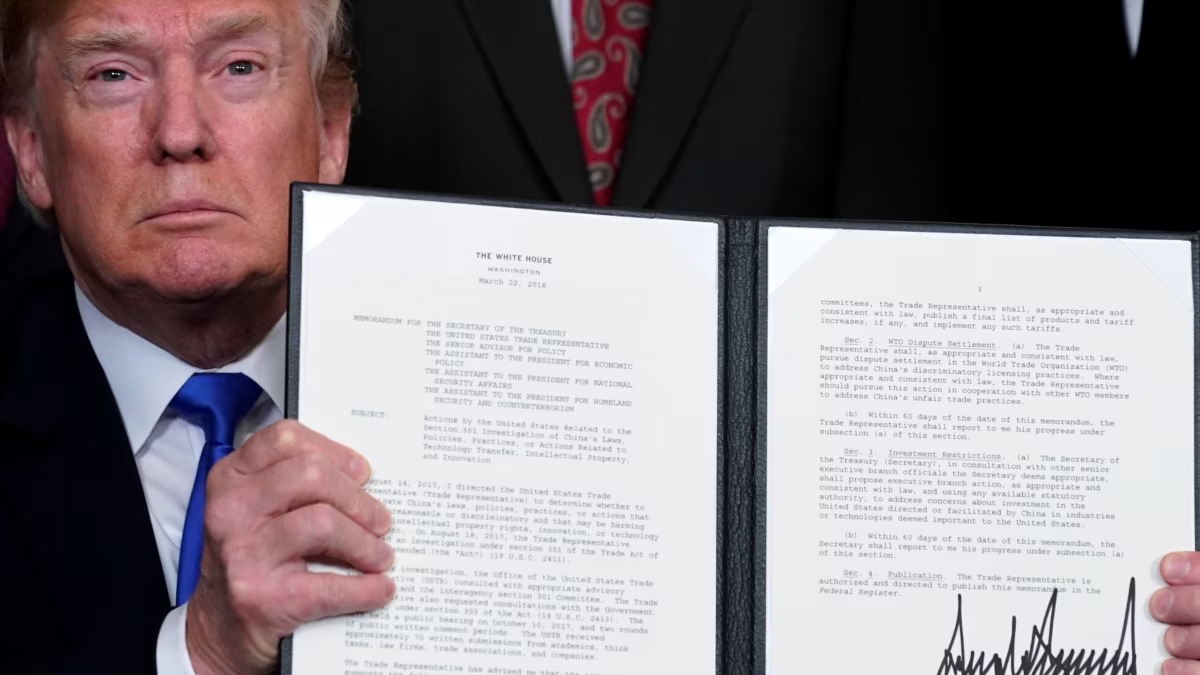US will charge 25% tariffs on foreign-made cars
New U.S. Automotive Tariff Takes Effect April 2
The U.S. government has announced a new 25% tariff on all foreign-made automobiles, set to take effect on April 2. The measure, designed to boost domestic manufacturing, will apply to a wide range of imported vehicles, including sedans, SUVs, crossovers, minivans, cargo vans, and light trucks.
“The tariff will be enforced starting April 2, and collections will begin the following day,” a government spokesperson stated during a recent press briefing.
Additionally, the policy extends to certain imported automobile components such as engines, transmissions, powertrain parts, and electrical systems, as outlined in an official government fact sheet.
“Vehicles assembled overseas that use American-made parts will not see those parts subjected to the tariff. Strict enforcement measures will be in place to ensure compliance,” the spokesperson added.
This move is expected to impact both automakers and consumers, with industry analysts closely monitoring potential shifts in production and pricing.
The White House fact sheet also noted USMCA-compliant automobile parts will not be tariffed until the country can establish a process to only tariff the non-U.S. content of the parts. However, the official proclamation says the tariff will apply to parts no later than May 3.
“Importers of automobiles under the United States-Mexico-Canada Agreement will be given the opportunity to certify their U.S. content and systems will be implemented such that the 25% tariff will only apply to the value of their non-U.S.content,” the fact sheet reads.
Trump previously paused automotive tariffs for car imports compliant with the United States-Mexico-Canada Agreement after conversations with General Motors, Ford and Stellantis, per White House Press Secretary Karoline Leavitt.
Prior to the pause, Trump said the tariff rate, which would also cover semiconductors and pharmaceuticals, would be around 25% and increase over the course of the year.
Automakers and parts suppliers are wary of the possible impact of tariffs on the U.S. auto industry, especially as Mexico and Canada account for a majority of the country’s automotive imports.
An estimated 76% of the roughly 3.5 million vehicles manufactured in Mexico during 2023 were imported into the U.S., according to International Trade Administration data. Meanwhile, Canada exported about 93% of its manufactured vehicles to the U.S. the same year, per the Canadian Vehicle Manufacturers’ Association.
Automakers had been making significant U.S. capacity investments to build flexibility into their production strategies even prior to the Trump administration. Just this month, several more companies have announced new U.S.-based projects.
On Tuesday, Hyundai said it will invest $21 billion into its U.S. operations, including a $5.8 billion steel plant in Louisiana to support vehicle production at facilities in Georgia and Alabama.
Tesla also recently announced plans to invest nearly $200 million into a plant near Houston.
Disclaimer: This article has been reviewed and edited for grammar and clarity using AI technology. While the facts and content remain unchanged, AI was utilized for enhancing the language and readability of the text. This story was updated with additional information from a White House fact sheet and the official proclamation ordering the tariffs.
source:https://www.truckingdive.com













